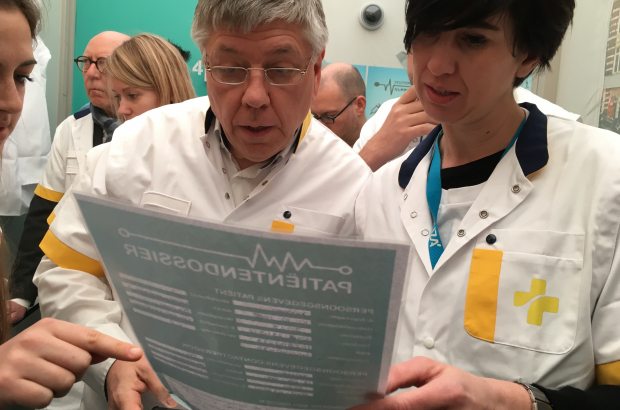- Daily & Weekly newsletters
- Buy & download The Bulletin
- Comment on our articles
Escape game companies search for way out of financial uncertainty
The essence of the escape game concept is to solve a riddle to find the exit. This is now the real life challenge facing many escape game businesses which, until the coronavirus pandemic took hold, were booming. Now they have to find a way out of a crisis which has seen around 25 establishments around Belgium – many of them start-ups with little capital – close down temporarily for a second time, leaving rent unpaid.
According to the authorities, administratively at least, escape games don't exist. Those who run the businesses can be classed as having any number of different occupations, all offering very different benefits from the financial support structures put in place to help enterprises during the pandemic.
Covid-related subsidies are all dependent on how the individual business is recognised by the authorities and the differences are both noticeable and unfathomable. “Some companies got the first bonus, others did not get the second, some were eligible for the third, but they were not entitled to the first, finally, they did not get the third either,” explains Giuseppina Belluzzo, head of the escape game company ‘Get Out’ in Liège.
“It's a puzzle,” she says. “It's problematic and it's different for every escape game. Each of us had to choose one or more codes that would get the best for our business, and the whole thing required a lot of luck. Depending on the codes chosen, we are considered respectively as set designers, theatre managers or event organisers.”
The escape games companies have now regrouped in a new collective, Escape Wall, which is campaigning to get their activities recognised under the pan-European NACE classification system which groups organisations according to their business activities. This would help to get a uniform level of support across the sector. “We want to exist,” continues Giuseppina Belluzzo, “We want a NACE code specific to our business. And we want to make our voices heard.”



















